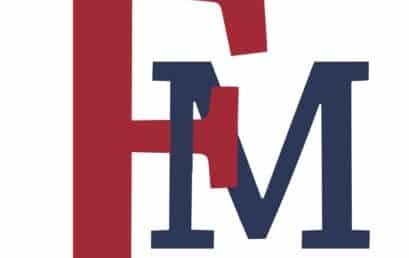CS 440 – Computer Networks
Prerequisites/Corequisites: Take CS-310 CS-318; Minimum grade C. (Required, Previous). Credit Hours: Min: 3; Max: Description: A consideration of the technology and architecture of computer networks, emphasizing principles and concepts of both logical and physical connectivity and communication. Particular attention will be placed on network topology, transmission media, medium access, standards, Internetworking, and network management and […]
CS 410 – Operating Systems
Prerequisites/Corequisites: Take CS-310 CS-318; Minimum grade C. (Required, Previous). Credit Hours: Min: 3; Max: Description: Study of sequential processes and concurrent program concepts and their application to operating system design; synchronization constructs; monitors, conditional critical regions, and the use of semaphores; resource concepts, resource allocation and management; dynamic protection and the structure of operating systems.
CS 350 – Theory of Computation
Prerequisites/Corequisites: # Take CS-318; Minimum grade C # Take MATH-230; Minimum grade C. (Required, Previous). Credit Hours: Min: 3; Max: Description: Introduction to the abstract concepts encountered in machine computation. Topics include finite automata, regular expressions, and formal languages, with emphasis on regular and context-free grammars. Questions related to decidability and undecidability are looked at […]
CS 330 – Special Topics in Computer Science
Prerequisites/Corequisites: Credit Hours: Min: 3; Max: Description: In-depth study of an area of interest in computer science. Different areas of study will be offered. Must have a 2.25 grade point average or higher in all courses which are required in the computer science major or minor. May be taken twice for academic credit only if […]
CS 313 – Systems Design & Development
Prerequisites/Corequisites: Take CS-226; Minimum grade C. (Required, Previous). | Take CS-227. (Required, Previous or concurrent). Credit Hours: Min: 3; Max: Description: Development of computerized systems focusing on structured systems analysis and its application to information system software development. Emphasis will be on problem analysis, correctness, reliability, and maintainability.
CS 280 – Digital Systems Design
Prerequisites/Corequisites: Take MATH-230; Minimum grade C. (Required, Previous). Credit Hours: Min: 3; Max: Description: Starting from a description of digital circuits regarded as functional blocks, the course leads to a consideration of the logical design of combinational and sequential digital systems. Topics include binary representation of information, gate types, combinational circuit design, counters, registers, arithmetic […]
CS 227 – Programming & Algorithmic Design II
Prerequisites/Corequisites: Take CS-226; Minimum grade C. (Required, Previous). Credit Hours: Min: 3; Max: Description: Continuing study of algorithmic design, implementation, and analysis including object oriented design and implementation, abstract data types, stacks, queues, and linked structures.
CS 226 – Program & Algorithmic Design I
Prerequisites/Corequisites: Take CS-190; Minimum grade C. (Required, Previous). Credit Hours: Min: 3; Max: Description: Introduction to problem-solving with algorithm and program development. Includes problem analysis, algorithm representation and verification, scalar and structured data types, file input and output, techniques for program design, coding, testing, and documentation and basic sorting, and searching algorithms.
CS 190L – Programming Fundamentals Lab
Prerequisites/Corequisites: Take MATH-111 or MATH-121. (Required, Previous). | Take CS-190. (Required, Concurrent). Credit Hours: Min: 1; Max: Description: Laboratory demonstrates the topics and principles presented in the lecture.
CS 190 – Programming Fundamentals
Prerequisites/Corequisites: Take MATH-111 or MATH-121. (Required, Previous). Credit Hours: Min: 3; Max: Description: Introduction to problem-solving and algorithm development techniques based on the program development process. Study of basic computer concepts and computer systems; elementary data types and data structures; input and output processing; control structures; modular program design; elementary file processing; algorithm design and […]
